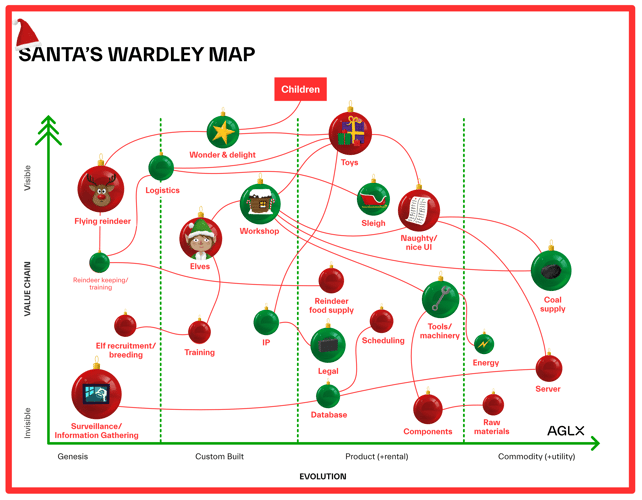
At the heart of an adaptive strategy is the question – how do we maximise our potential?
This question is independent of the macro-economic situation – whether we are in a recession or not. In times of recession there are still ways to create strategic advantage.
Companies trapped in a linear, goal-based strategy will be finding ways to stick to the plan or get back on track. This will involve recasting their strategy and making decisions on the things they can directly control such as cost reduction. Cost cutting can be useful, but it isn’t a strategy.
Below are three principles that we believe will help you build long-term, strategic advantage.
1. The struggle makes us stronger
Developing new ideas, products, and services during a recession can be advantageous. With cheap and easily accessible money, investors tend to jump at any opportunity. As interest rates increase however, investors become more discerning, providing a clear signal of a product or service’s value to potential customers.
While the path to break even may be longer, the stress of a recession will fortify your offering, resulting in a stronger end product. This strategic move positions you ahead of competitors who may have delayed their launch or played it safe during the economic downturn, leaving you primed for success when conditions improve.
2. Build your team
Organisations often lay off a significant number of employees due to short-term signals during a recession. An interesting perspective on this can be seen in Dr. Eli Goldratt’s video Thinking Globally.
Despite value statements promoting trust and respect, crisis situations often encourage poor behaviour driven by short-term thinking. Our experience shows that good employees may choose to leave early in the cycle, while mediocre employees tend to stay put. In the early stages of a recession, it’s crucial to send a clear message that your organisation seeks to hire the best people, emphasising traits such as intelligence, curiosity, and hard work, as smart individuals tend to learn quickly.
3. Manage your tempo – Big, Small, Fast
The principle of movement during a recession is “Think big, act small, move fast”.
Tight finances require smaller steps, but it’s essential to keep moving forward. Stay focused on your direction but be open to new paths. Moving quickly and exploring during a downturn positions you to spot emerging opportunities better.
Whether or not you are concerned about a recession, these are good principles that we have seen to be effective, even when we’re not in a recession.
Need Help to Navigate the Path Ahead?
Could you do with some help for your organisation to navigate the best approach – whether there is a recession or not?
Many leaders worry about making the right decision, especially when things are uncertain.
AGLX is at the leading-edge globally in helping organisations succeed when the outcomes are not certain. We help leaders get better at dealing with complex issues.
Image by Freepik




